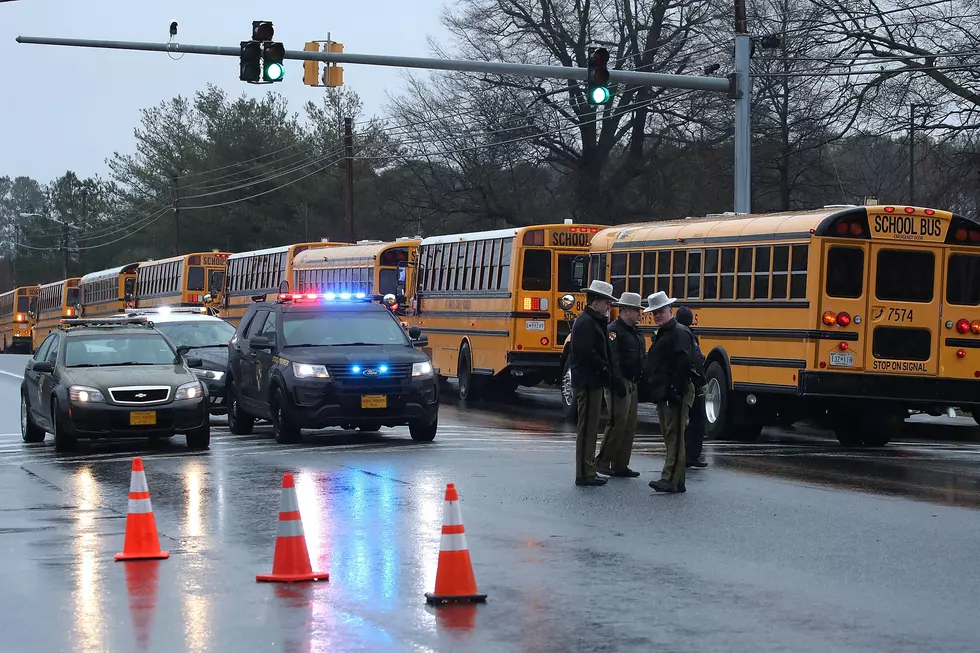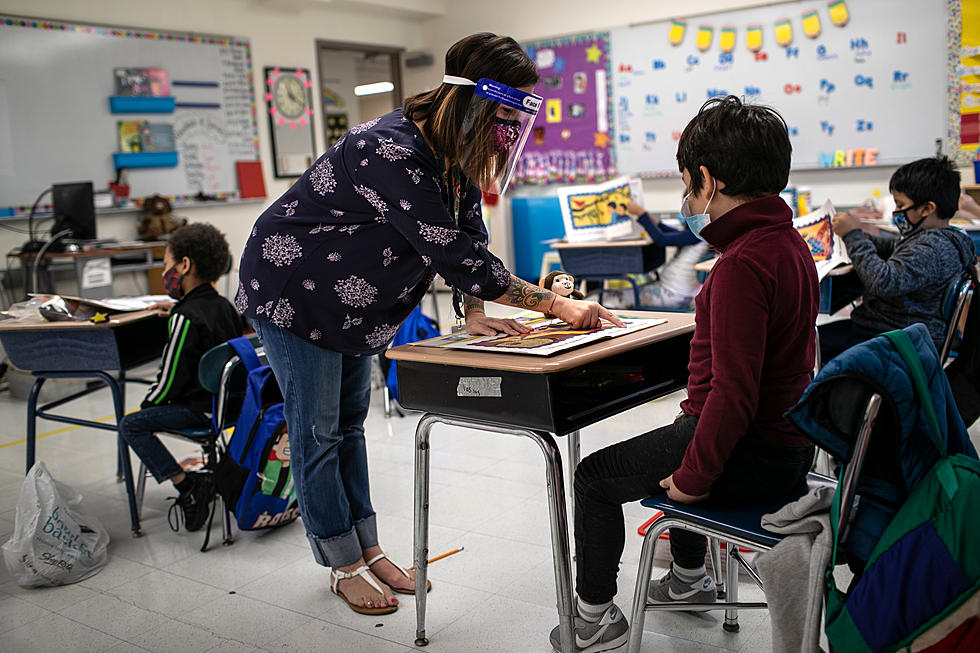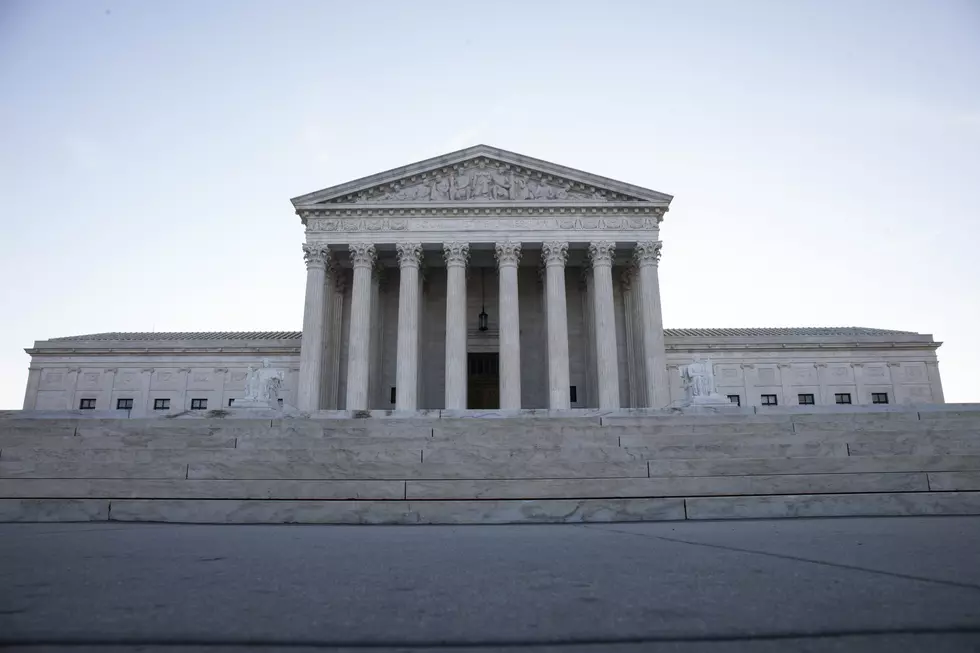
A bid to ease anxiety around school lockdown drills in NJ
TRENTON – Legislation intending to keep school lockdown drills from harming the mental health of students is advancing in the Senate, despite concerns from education groups that the changes could render the security drills meaningless.
The bill advanced through the Senate Education Committee, S3726, would require staff to be given advance written notice of the drill and for the district to notify parents and guardians of the drill by the end of the school day – and for those notices to make clear no actual danger exists.
“The goal of so-called ‘active-shooter’ drills is to prepare students for possible lockdown and other preventative measures in the case of a real emergency,” said Senate Majority Leader Loretta Weinberg, D-Bergen, the bill’s sponsor. “However, we need to realize that sometimes the drills themselves can cause trauma, particularly to younger students.”
School groups said they don’t want to scare students but do want them and the staff to respond as if it’s an actual emergency.
“The advance written notice to the staff defeats the purpose of the drill. The ability of districts to conduct their drills is based on the fact that it just spontaneously happens,” said Melanie Schulz, director of legislative affairs for the New Jersey Association of School Administrators.
“Districts are concerned that everybody know the right thing to do, that if a bad event does occur that both the students and the staff have that muscle memory of what to do and how to go where they need to go,” she said.
Schulz says if advance written notice gets out to the broader community, that opens up the prospect of further unintended consequences for that drill.
Some modifications were made to the bill, though education groups are seeking more. One change that the New Jersey School Boards Association said was important would allow people from emergency services to be on-site at the schools during the drills, to ensure everyone is sharing information.
“We want to make sure that these are as close to the real thing as possible while not traumatizing anyone,” said Jonathan Pushman, the NJSBA’s director of governmental relations. “If you let them know in advance that it’s a drill, the students and staff may not take it that seriously as they should.”
The bill would prohibit the use of fake blood, real or fake firearms and simulations of gun shots, and it also says students can’t be required to play victims during the simulation.
“We also need to make sure we are consistent in our messaging, to make sure students know the difference between a drill and a real-time event,” Weinberg said. “Our students have enough stress in their lives without adding one more layer of trauma while conducting what are supposed to be informational, educational and practical ‘active-shooter drills.”

Debra Bradley, director of government relations for the New Jersey Principals and Supervisors Association, said educators agree that physical safety and sense of social and emotional safety are all priorities.
“Particularly post-pandemic, when students are coming back to use in a different state than when they left us,” Bradley said.
Existing laws require one security drill and one fire drill a month, including one a year with police and emergency responders on site. Bradley said procedures are adapted to account for students who are sensitive to loud sounds or have anxiety or a disability.
Michael Symons is State House bureau chief for New Jersey 101.5. Contact him at michael.symons@townsquaremedia.com.
Every Governor New Jersey has ever had
Inventions you probably didn't know are New Jersey born
More From New Jersey 101.5 FM









